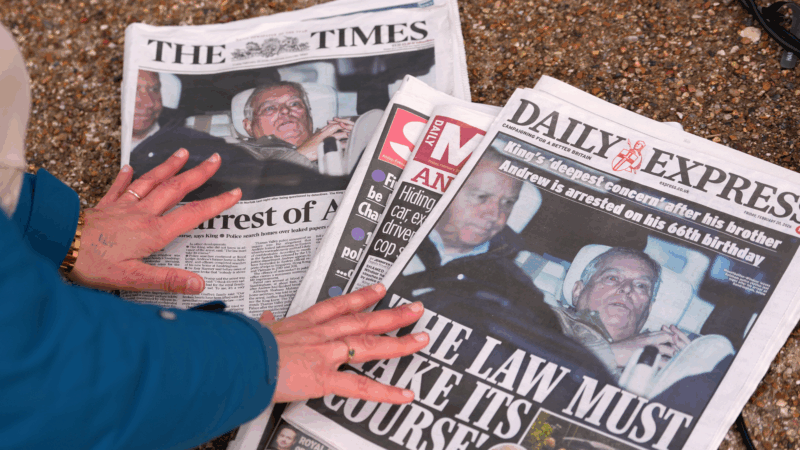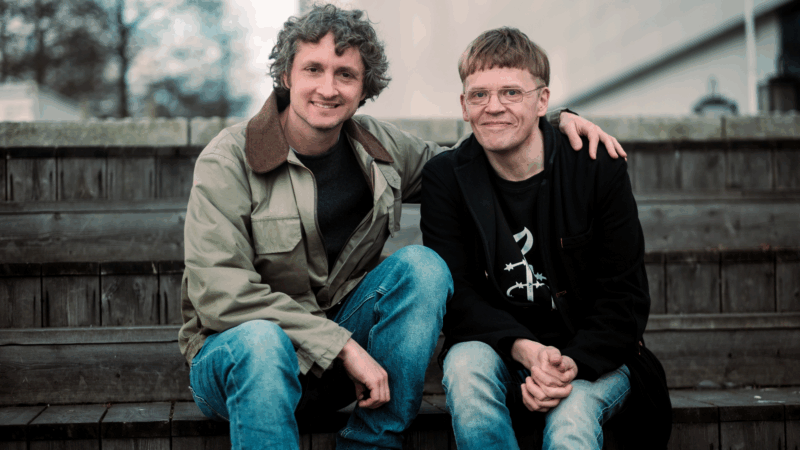Birmingham Leaders Want Civil Rights Sites Declared National Park
People gathered at Birmingham’s 16th Street Baptist Church Thursday to remember four black girls who died there 53 years ago. They were killed by Ku Klux Klansmen who planted a bomb that went off before Sunday morning services.
It’s one of several key moments in the civil rights movement that took place in Birmingham. While the names Addie Mae Collins, Denise McNair, Carole Robertson and Cynthia Wesley are recognized around Birmingham,they’re perhaps less recognized elsewhere.
That’s why city leaders want those civil rights sites to be part of a new national historical park.
Birmingham Mayor William Bell says discussion began a few years ago, on the 50th anniversary of many civil rights events, about how to raise the profile of the historic sites. He says they were looking for more than word of mouth attention.
“But how do we formally get endorsed as a place for people to come and see,” says Bell.
A couple of things have happened since then. First, Alabama Congresswoman Terri Sewell introduced a bill to designate Birmingham’s Civil Rights District a national historical park. At the same time, city officials began to lobby President Barack Obama to designate the area a national monument through an executive order. They’re different titles, but both under the umbrella of the National Park Service.
“It would mean long term preservation for the facilities,” says Bell. “It would mean increased tourism for the facilities.”
The plans include places such as the 16th Street Baptist Church and Kelly Ingram Park, where kids marching in the Children’s Crusade were met with police dogs and fire hoses. It also includes the A.G. Gaston Motel where Dr. Martin Luther King Junior had his “war room” to plan the Birmingham campaign.
Andrea Taylor is president of the Birmingham Civil Rights Institute, which would be part of the park. She says beyond the economic benefits of tourism, a designation would say what happened in Birmingham matters.
“We have a lot of history here,” says Taylor. “This is sacred ground.”
A few blocks away from the Civil Rights Institute is the Fourth Avenue Historic District, an area that was a center of black business during segregation. It’s also included in the national park plans. The president of the Fourth Avenue Merchants Association, Quincy Moore, says being part of the designation is a nod to black entrepreneurship and a side of the civil rights movement not always seen.
“This is where a lot of civil rights leaders got their hair cut,” says Moore. “They bought food in this area. They shopped in this area. They partied in this area just to let their hair down.”
Inside Magnolia BBQ and Fish, regular Ronald Williams is picking up lunch. He has heard about the idea for the national historical park.
“It’s long overdue,” says Williams. “It should have been done years and years ago.”
A spokesman for the National Park Service says they have no position on nor involvement in the proposal. A White House spokesman declined to comment on any action the administration may take.
Birmingham Mayor William Bell says though he expects President Obama to issue an order creating a national monument before he leaves in office in January. Bell says the action is worthy of any president, but there would be special significance having the first black president make the designation.
The U.S. men’s hockey team to face Slovakia for a spot in an Olympic gold medal match
After an overtime nailbiter in the quarterfinals, the Americans return to the ice Friday in Milan to face the upstart Slovakia for a chance to play Canada in Sunday's Olympic gold medal game.
NASA eyes March 6 to launch 4 astronauts to the moon on Artemis II mission
The four astronauts heading to the moon for the lunar fly-by are the first humans to venture there since 1972. The ten-day mission will travel more than 600,000 miles.
Skis? Check. Poles? Check. Knitting needles? Naturally
A number of Olympic athletes have turned to knitting during the heat of the Games, including Ben Ogden, who this week became the most decorated American male Olympic cross-country skier.
Police search former Prince Andrew’s home a day after his arrest over Epstein ties
Andrew Mountbatten-Windsor, the British former prince, is being investigated on suspicion of misconduct in public office related to his friendship with the late convicted sex offender Jeffrey Epstein.
Violinist Pekka Kuusisto is not afraid to ruffle a few feathers
On his new album, the violinist completely rethinks The Lark Ascending by Ralph Vaughan Williams, and leans into old folk songs with the help of Sam Amidon.
Supreme Court strikes down Trump’s tariffs
The 6-3 ruling is a major blow to the president's signature economic policy.






